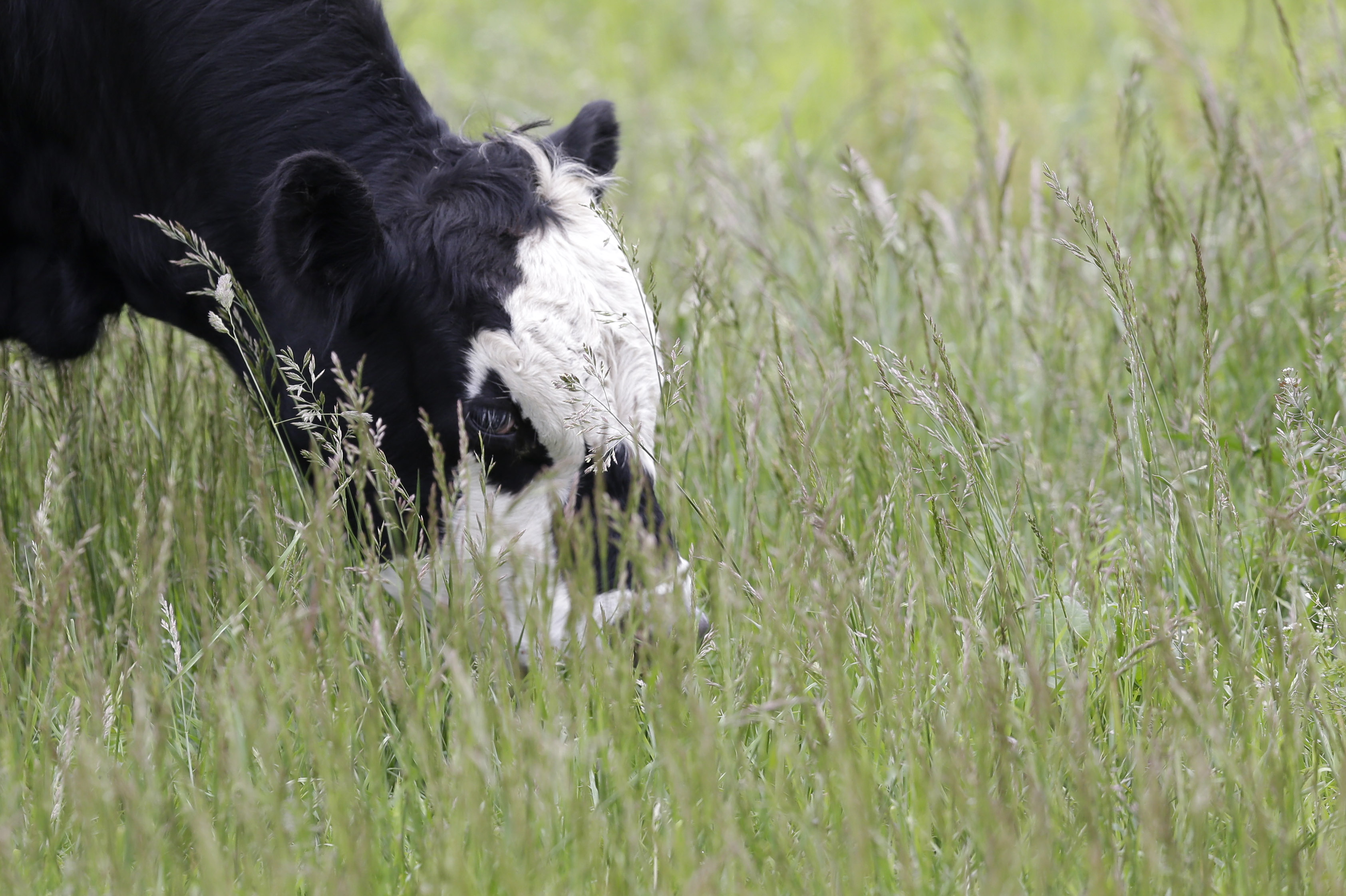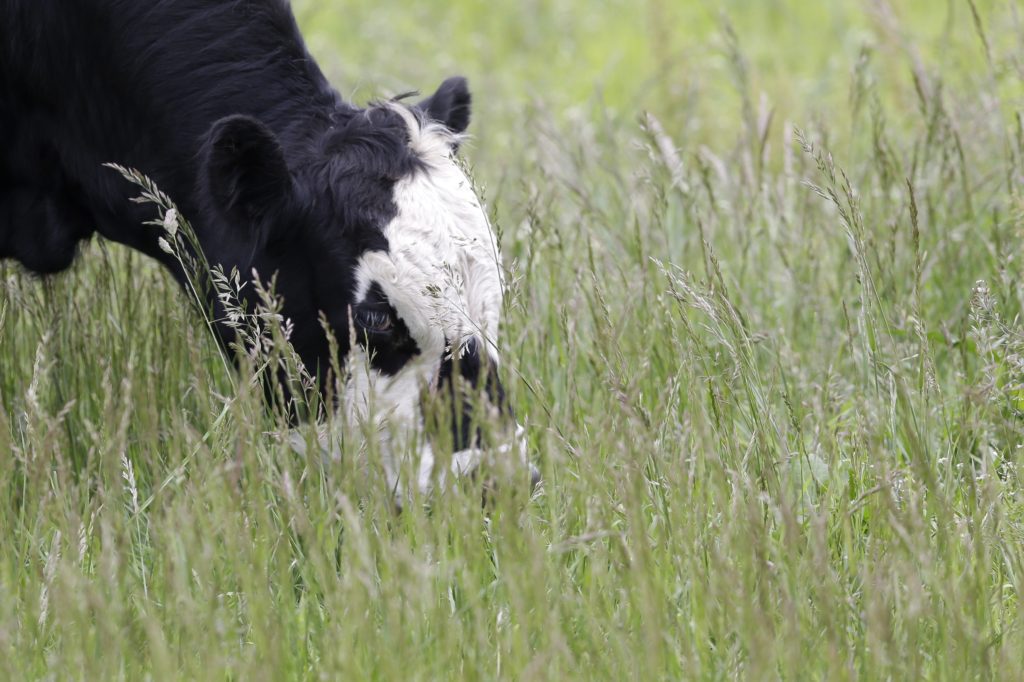
TOPEKA — Kansas State University researchers say a dominant forage grass in the Great Plains could be diminished by climate change to less than half of its current stature during the next 75 years.
The Topeka Capital-Journal reports that studies involving K-State faculty indicated that changes would potentially shrink the plant size of big bluestem grass by 60 percent. The grass covers millions of acres in the region. That kind of transformation would disrupt the region’s livestock economy.
Researchers say big bluestem would be a shorter kind that’s common in eastern Colorado. Loretta Johnson, biology professor, says climate change could reduce forage for cattle in drier parts of grasslands, in places like Kansas.



